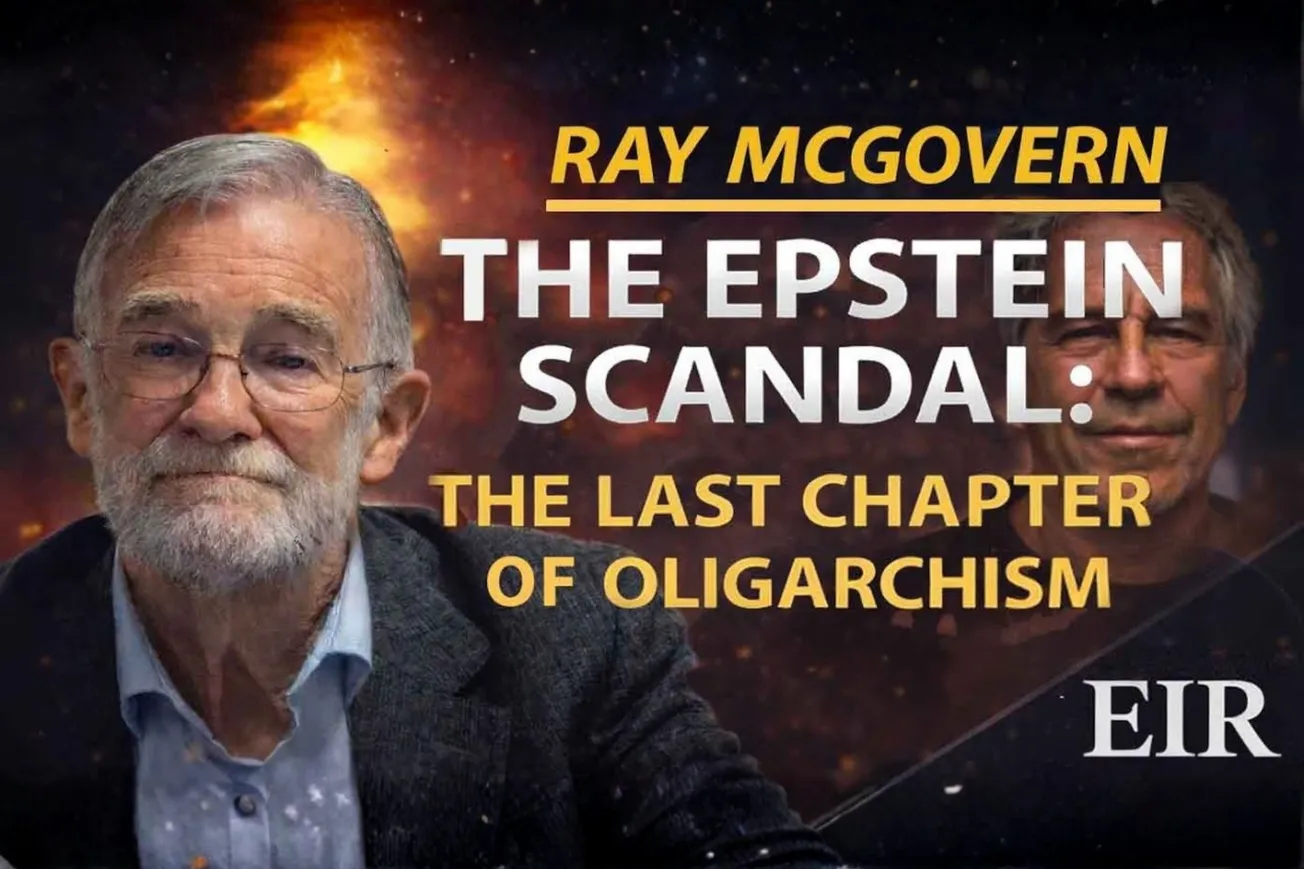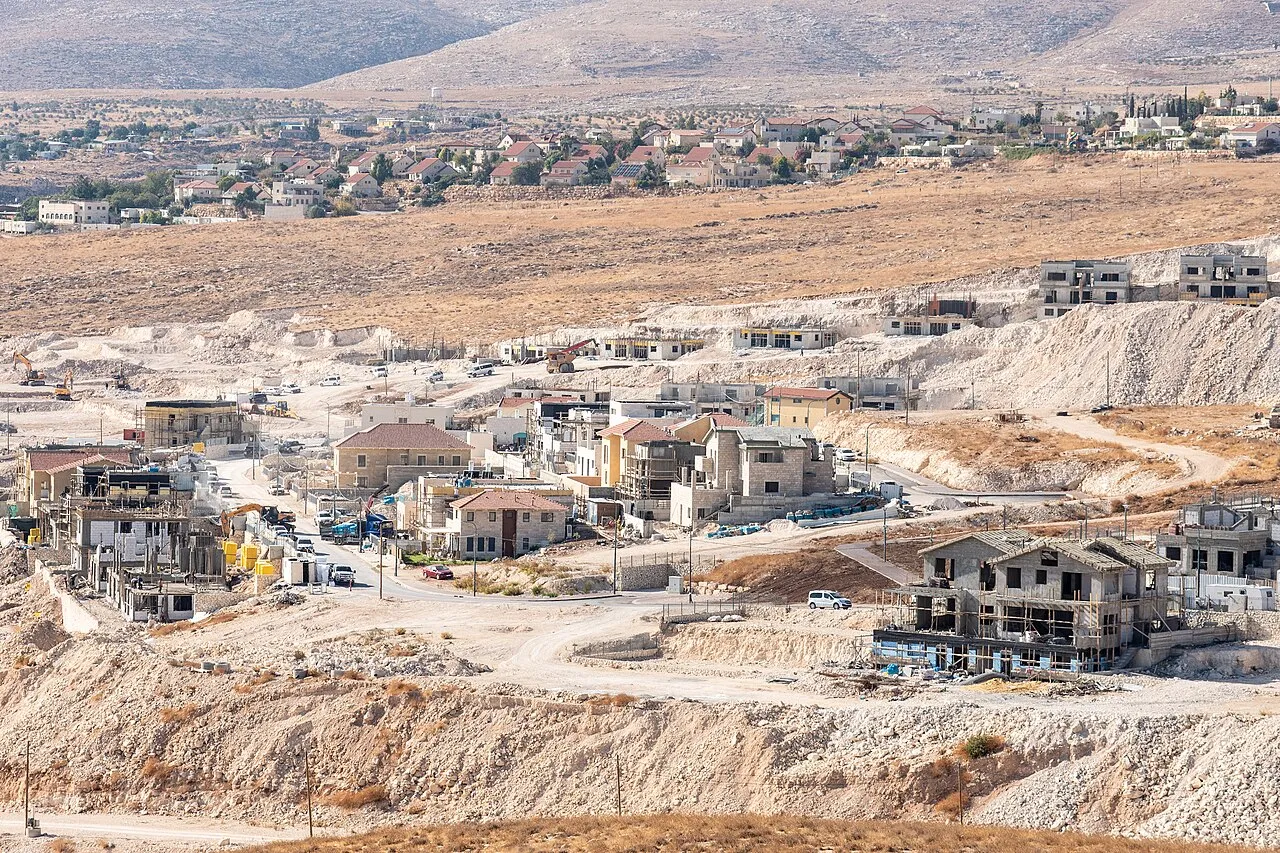The optimism was almost palpable in the audience of over 500 students, professors, diplomats and others who gathered in the auditorium of the Central Library of San Marcos University in Lima, Peru, to discuss the role of the BRICS in “Development Strategies and Mechanisms for Cooperation in the Multipolar World.” The event, one of the nearly 200 official BRICS events organized internationally under Russia’s rotating presidency of the BRICS in 2024, was sponsored by the Russian embassy in Peru, San Marcos University, and the Schiller Institute-Peru. It was addressed in person by the ambassadors in Peru of BRICS nations Russia, Brazil, China, Egypt and India, and remotely by South Africa’s ambassador in Chile. And it featured remarks by the President of San Marcos University (the oldest university of the Americas, founded in 1551), Jeri Ruffner; Russia’s BRICS sous-sherpa, Pavel Knyazev; Viktoria Panova, the head of the BRICS Russian Expert Council; Helga Zepp-LaRouche, the founder of the Schiller Institute; and many other international experts from India, Egypt, Brazil, Italy, and Peru.
The event was a statement: The BRICS, which is growing in numbers of members, represents the aspirations of the Global Majority. The disorder, instability, poverty and war in the world today must be ended, and replaced with new institutions that meet the needs of our people. We represent different cultures and civilizations—but that is not a weakness; it is our strength. We are optimistic about the potential to change the world!
This was the underlying message of nearly every speech delivered at the Lima event.
“The BRICS has really become the core of the changing world order,” Dr. Panova stated. “We are doing things nobody expected us to do.” She directly addressed the hundreds of students present in the Lima auditorium, and those listening online in Spanish and in English simultaneous interpretation: “I’m speaking to you now from our ongoing BRICS International School that has been happening since 2017. In fact, I hope that your students, your youth will be participating in the next ones. This school now encompasses not just BRICS members, but 36 countries altogether.… There is certainly a group of countries that is very much supportive of a fair international system, and that could work together” to make that goal a reality.
China’s ambassador to Peru H.E. Song Yang also suggested there was room in the BRICS for Peru and many other countries, noting with a smile that the BRICS does not yet have a Spanish-speaking member. He emphasized that, in a world of growing disorder and conflict, the BRICS is playing a stabilizing and positive role. And he said that the needed changes include a reform of the international financial architecture, and establishing a system of security for all nations, because “security is indivisible, and no one nation has the right to seek security at others’ expense.”
Two of the Peruvian speakers—Luis Vásquez, representing Lyndon LaRouche’s EIR magazine; and Walter Heredia, Peru representative to the BRICS Municipal Forum—called explicitly for Peru to join the BRICS. Vásquez elaborated on the kinds of great infrastructure projects that are needed to pull nations out of poverty, such as linking Peru’s massive Chancay port project, now nearing completion with Chinese help, to other South American nations through a bi-oceanic high-speed rail corridor, connecting the Atlantic and Pacific coasts of the continent. Vásquez also emphasized that a global financial reorganization is required to rid the world of the $2.1 quadrillion speculative bubble, and identified Lyndon LaRouche’s 1975 International Development Bank proposal as a model to be studied.
India’s Ambassador H.E. Vishvas Vidu Sapkal emphasized that the BRICS New Development Bank is the best example of the successes the group has already achieved, with more to come. The Indian expert who later addressed the event, Nilanjan Ghosh, Director of the Center for New Economic Diplomacy, placed particular emphasis on the way India’s scientific and R&D capabilities can be of use to all the BRICS nations, at a time when innovation and technological advance is central to development.




